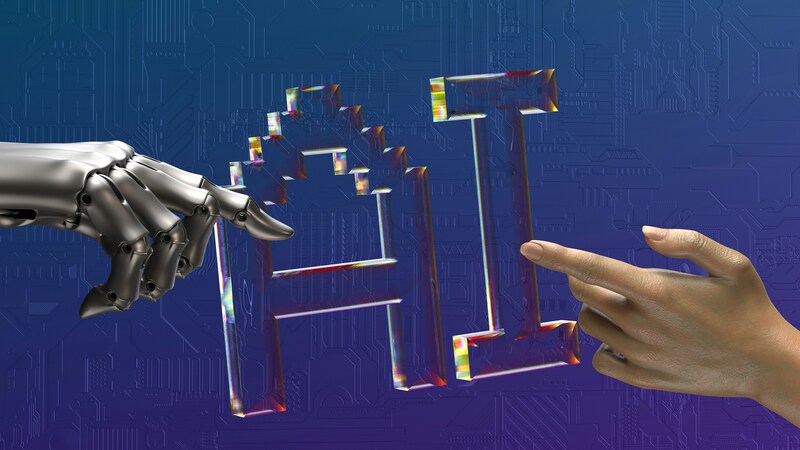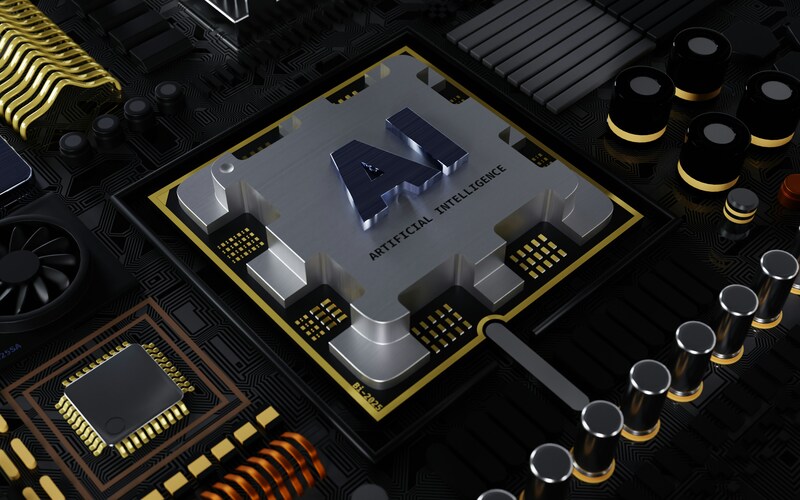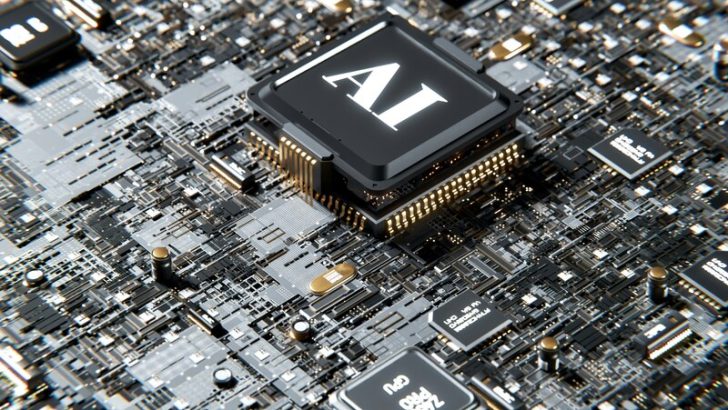Artificial Intelligence (AI) has grown rapidly in recent years and has impacted the global economy, changing the way we live and work. Several companies have integrated this technology into their operations, while other technology companies are competing in developing a new Artificial Intelligence app.
However, what is Artificial Intelligence?
AI is a concept of computer systems’ capabilities in performing tasks which are previously performed by humans. These capabilities, which are developed through endless training in recognizing patterns, are called AI. Meanwhile, applications that are developed using these capabilities are called AI apps.
With its capabilities, AI can perform most jobs that people would do manually. Today, let’s explore the impacts of AI apps on our lives and their potential to shape our future.
Current Impacts of Artificial Intelligence App

AI has shaped the way we maintain our lives. Many companies have replaced traditional methods with automation. Indeed, this put many people in shock. Let’s take a look at some aspects affected by this technology.
Economic Transformation
Some industries, which are required to run 24 hours a day, are struggling to find workers who are willing to work at night shifts. While struggling to maintain loyal workers who can work at night, they also face a decrease in the health quality of their workers. No man can maintain their health well while being repeatedly forced to work at night. This makes the use of robots inevitable.
Consumer industries are not alone in this. Lately, it has been found that service businesses also employ AI to boost customer satisfaction. This happens in the Customer Service sector, where AI operates as Customer Service Representatives. This finding starts when AI can understand humans’ emotions and deliver relevant interactions.
This automation hysteria has caused mass layoffs in various industries, especially the media industry. While unemployment has become a trend in recent years, some people have found employment. AI developers and software engineers have now become divas in various companies.
Societal Shifts
Our society is getting more familiar with AI. The more advanced this technology is, the more easily it is integrated into our lives.
For example, healthcare industries get many benefits from integrating AI into their systems. Healthcare personnel can provide better and faster diagnostics that help reduce the number of deaths in their facilities. This is especially true when diagnosing cancer and ischemic stroke, where every minute counts. AI can also help healthcare personnel speed up drug discovery and prescribe personalized medicine.
Educators and students can experience a more convenient education system. Teachers can automate their lesson planning, and students can have a helpful learning buddy. Several websites and applications allow their users to experience fun, independent learning, which helps learners who are struggling with certain subjects study with ease. Some examples include Khanmigo to study math, science, and coding, Duolingo Max to learn new languages, and GrammarlyGO to improve grammar.
Several applications, like Netflix and YouTube, use AI technology to recommend personalized videos to their users. Navigation apps that we use for traveling and smart home devices are also the products of AI.
Ethical Considerations and Challenges
This technology may bring many benefits to us, but its unlimited access to our devices has created many privacy problems. Many companies practice automation in the data collection process. If the company lacks strong digital security to protect its data, it risks exposing its customers’ data to unauthorized parties.
When a company or user uses AI to make decisions, black box problems may appear. Black box problems appear when AI makes a decision, but is unable to explain whether it makes biased or unbiased decisions.
The Untapped Potential of Artificial Intelligence App

In addition to its many capabilities and some risks that come with AI, there is room for its potential. Any job that requires fast problem-solving will greatly benefit from this technology. The healthcare sector, which aims to eradicate disease, requires AI to accelerate its problem-solving process and inform decision-making. AI will also be helpful in managing resources that require careful attention to detail.
With the fast development of AI, however, we start to notice that it cannot do everything. There are still several jobs that require human involvement, such as inputting data and error management. With this insight, it is about time to start human-AI collaboration. Instead of replacing humans, AI can help enhance human capabilities. Creative fields can benefit from this collaboration by writing prompts to produce music, pictures, and videos.
The development of artificial intelligence is inevitably beneficial for humanity. However, the world should also be prepared for threats related to this technology that can breach privacy policy and eradicate many career fields, instead of creating new ones. Thus, international cooperation on AI governance should be an integral part of this technological advancement.
To prevent mass unemployment, it is essential to upskill and reskill the workforce, as automation will become an integral part of everyone’s life in the future. There is also a need for socialization to increase society’s digital literacy regarding AI’s capabilities and limitations.
After all, automation is out there. We cannot deny or avoid the widespread use of artificial intelligence app. The best thing we can do is make some adjustments to stay relevant to the ever-changing world. But, what is your take on this?
